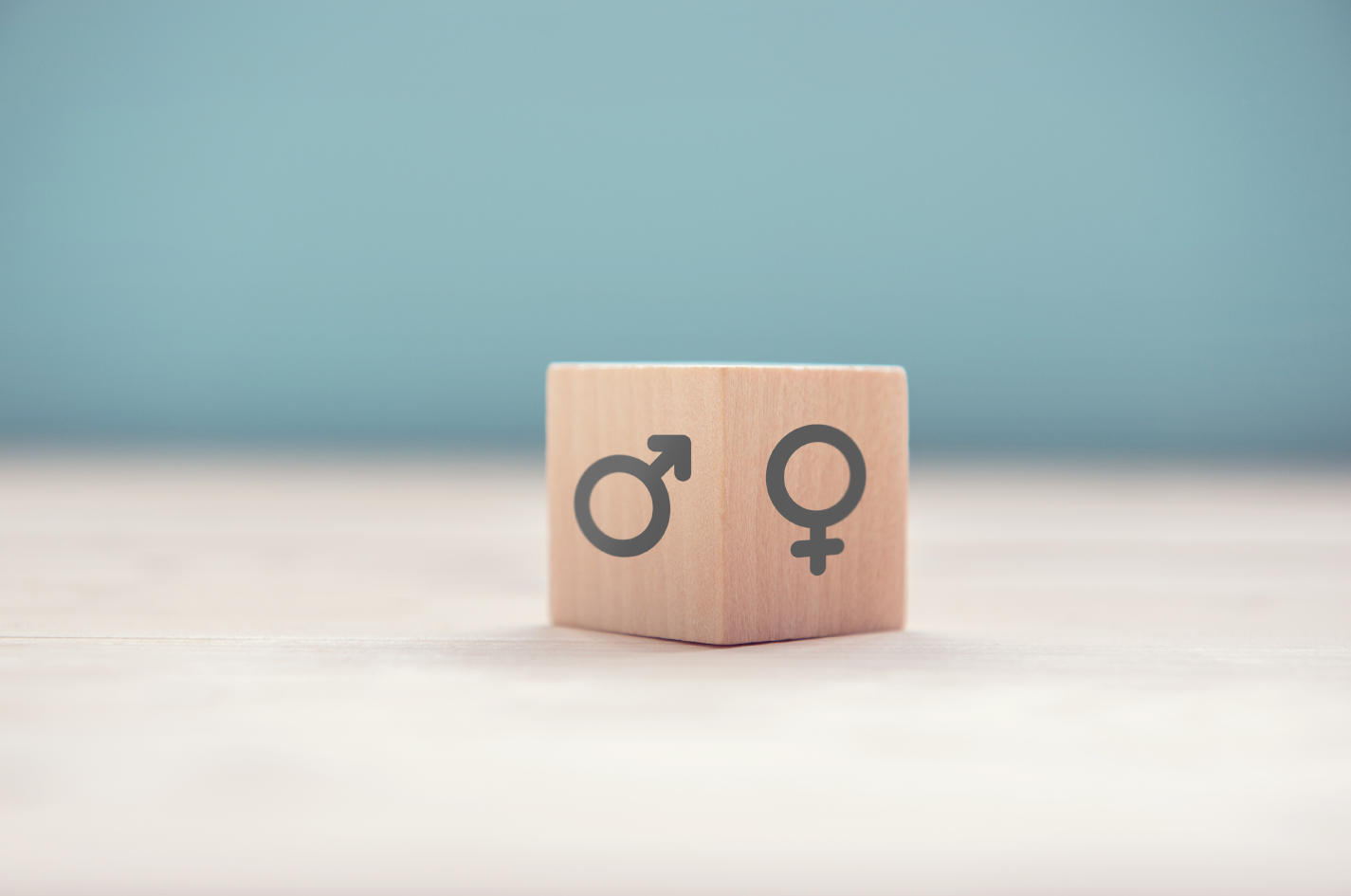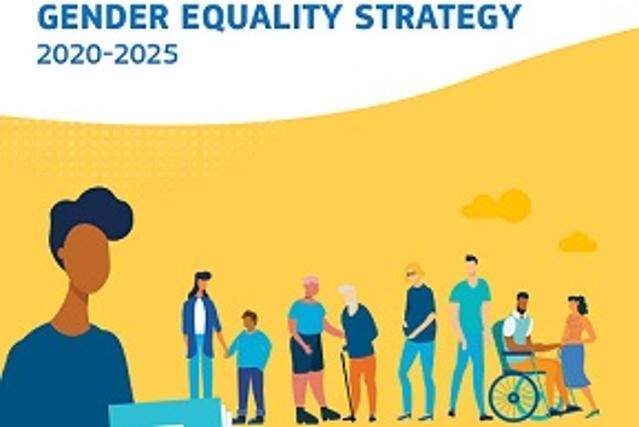MHE’s analysis of the new EU Gender Equality Strategy 2020-2025


This year, International Women’s Day marked the adoption of the new EU Gender Equality Strategy for 2020-2025. The Strategy sets out policy objectives and key actions to make significant progress by 2025 towards a gender-equal Europe. The goal is “a Union where gender-based violence, sex discrimination and structural inequality between women and men are a thing of the past.”
The key objectives of the Strategy are: ending gender-based violence; challenging gender stereotypes; closing gender gaps in the labour market; achieving equal participation across different sectors of the economy; addressing the gender pay and pension gaps; closing the gender care gap and achieving gender balance in decision-making and in politics.
The World Health Organisation (WHO) conceptualises gender as a structural determinant of mental health, interconnecting with and deepening the disparities associated with other important socioeconomic determinants such as income, employment and social position. Indeed, women with psychosocial disabilities often experience multiple forms of discrimination, are more likely to experience violence, and remain largely excluded from decision-making about issues that affect their lives. Their views are often ignored or disregarded in favour of ‘experts’, ‘professionals’, family members, guardians and carers.
Mental Health Europe (MHE) welcomes the adoption of the EU Gender Equality Strategy, which is mostly in line with MHE’s recommendationssuch as to deliver on the United Nations Convention on the Rights of Persons with Disabilities (UN CRPD). The Strategy contains important commitments for girls and women with disabilities, including psychosocial disabilities.
MHE particularly welcomes:
- the recognition that women who have a health problem or disability are more likely to experience various forms of violence, including domestic violence. The Strategy mentions that the European Commission will develop and finance measures to tackle abuse, violence as well as forced sterilisation and forced abortion, such as capacity-building of professionals and awareness-raising campaigns on rights and access to justice.
- the commitment to implement the Council of Europe Convention on preventing and combating violence against women and domestic violence (the ‘Istanbul Convention’), or to propose measures to achieve the same objectives as the Istanbul Convention should the EU’s accession to the Istanbul Convention remain blocked.
- the commitment to address violence and harassment in work contexts, for example by encouraging Member States to ratify the International Labour Organisation (ILO) Convention on combating violence and harassment in the world of work.
- the acknowledgement that gender stereotypes are often combined with other stereotypes such as those based on race or ethnic origin, religion or belief, disability, age or sexual orientation, and that they are a root cause of gender inequality. The Commission will launch an EU-wide communication campaign combatting gender stereotypes. In addition, the intersectionality of gender with other grounds of discrimination will be addressed across EU policies. As such, the Gender Equality Strategy will specifically be linked to the upcoming EU Disability Strategy.
- the commitment to ensure that Member States correctly transpose and implement the work-life balance directive for workers and carers which introduces minimum standards for family leave and flexible working arrangements for workers, and promotes equal sharing of caring responsibilities between parents.
- the reference to the fact that eliminating the gender pay gap requires addressing all of its root causes, such as invisible and unpaid work and women’s higher use of part-time work and career breaks, for example through binding measures on pay transparency.
- the mention that the Commission will address the gender care gap by continue supporting Member States’ work on improving the availability and affordability of quality care services for children and other dependents.
- the recognition that specific attention needs to be paid to women and girls in the asylum and migration area. They are indeed particularly vulnerable and at heightened risk of experiencing human rights abuses – including human trafficking, exploitation, torture, and discrimination- in reception centres and along the journey to the EU.
- the commitment to integrate a gender perspective into all EU policies, such as those on climate change, health, digitalization and the EU budget.
Overall, if sufficiently resourced, the Strategy has the potential to improve the rights of women and girls, including those with psychosocial disabilities, across the EU and ‘achieve a Europe where women and men, girls and boys, in all their diversity, are equal – where they are free to pursue their chosen path in life and reach their full potential, where they have equal opportunities to thrive, and where they can equally participate in and lead our European society’.For more information please contact Marie Fallon-Kund, Policy Manager at Mental Health Europe, marie.fallon@mentalhealtheurope.org, +32 2 227 27 09
Stay connected
Get our latest news, personal stories, research articles, and job opportunities.